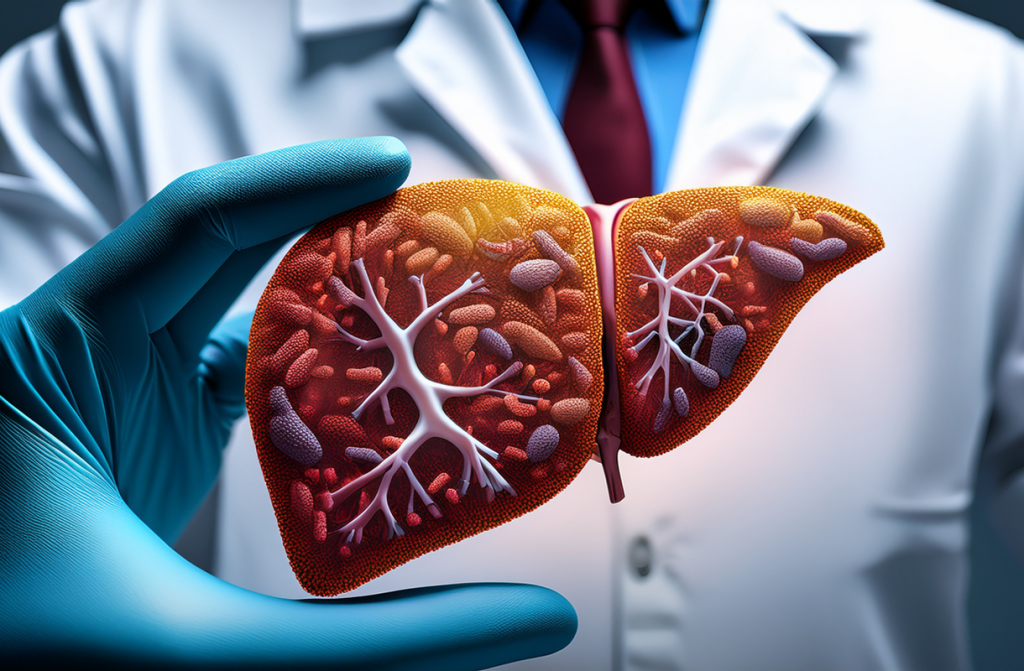Our Legacy in Gastroenterology Research
At the Centre for Liver Research and Diagnostics, our research in Gastroenterology spans several decades and reflects a deep, sustained commitment to advancing digestive health. With over 100 peer-reviewed publications, our work has significantly contributed to understanding liver pathology, parasitic infections, and gastrointestinal disorders.
Pioneering Work in Amoebiasis and Liver Imaging
One of our hallmark research areas is amoebic liver abscess, where we have led investigations into its diagnosis and management. Our early adoption and refinement of non-invasive imaging techniques, including liver scans and ultrasound have helped shape clinical protocols. Studies such as “Liver scan in amoebic liver abscess” and “Ultra Sound Imaging in amoebic liver abscess and hydatid cysts of the liver” demonstrate our role in integrating technology with clinical insight.
Innovations in Peptic Ulcer Disease Research
We have also made significant strides in understanding peptic ulcer disease, particularly its genetic and biochemical underpinnings. Our research has explored serum pepsinogen levels, gastric acid secretion, and genetic markers, contributing to the field of genetic epidemiology. Clinical trials like the “Double Blind Trial of deglycyrrhizinated liquorice in peptic ulcer” and family-based studies have provided valuable data on hereditary patterns and therapeutic efficacy.
Exploring Immunological Dimensions of GI Disorders
Our investigations extend into the immunological mechanisms of gastrointestinal diseases such as ulcerative colitis and Crohn’s disease. We have examined the role of immune complexes, autoantibodies, and pharmacological interventions, as seen in studies like “Chloroquine therapy for ulcerative colitis: Possible relationship prostaglandin involvement”. These efforts reflect our commitment to understanding disease at a molecular and systemic level.
Focus on Hepatitis and Liver Function
Our research portfolio includes extensive work on viral hepatitis, environmental liver toxins, and herbal therapeutics. Investigations into formulations like LIV-52 highlight our openness to integrating alternative medicine with conventional approaches, always grounded in scientific rigor.
A Tradition of Excellence
From foundational studies in the late 1970s to contemporary research, our work is characterized by:
- Clinical relevance
- Methodological innovation
- Multidisciplinary integration
We remain dedicated to improving patient outcomes through research that bridges basic science, diagnostics, and therapeutics in gastroenterology.


